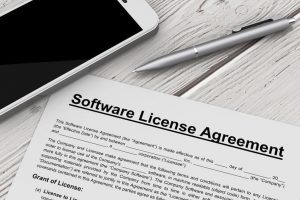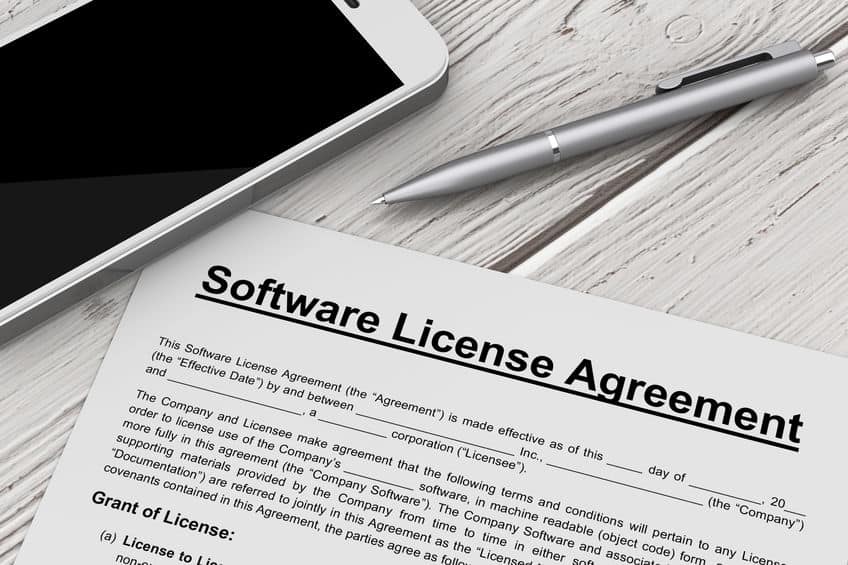 Whether you’re the licensor or the licensee, too often you have no real idea what exactly are your rights and responsibilities under a software license agreement.
Whether you’re the licensor or the licensee, too often you have no real idea what exactly are your rights and responsibilities under a software license agreement.
For example, do you know what rights were sold as part of the license? Could the licensee turn around and sell one or more copies of the software application to someone else? Is the license sub-licensable?
Is your software license revocable or irrevocable? And if it’s revocable, what events trigger revocation?
Does the licensor have ownership of any code? For example, did the developer use open source code or public domain code?
If so, how were those handled as part of the license agreement?
Because if you don’t know the answers to these questions, chances are you have no idea as to what you actually own, including what rights you have under the agreement.
Related Article: How to License a Software Application
How do you enforce the software license as licensor or licensee?
Whether it’s piracy, or some other issue, what mechanisms are in place within the software license that provides enforceability in order to protect your legal rights?
An experienced software lawyer can help make sure that you have the right software license agreement in place. Don’t assume that you have rights without actually knowing what’s in your license. Because you may be unpleasantly surprised to discover what you thought you had doesn’t exist.

